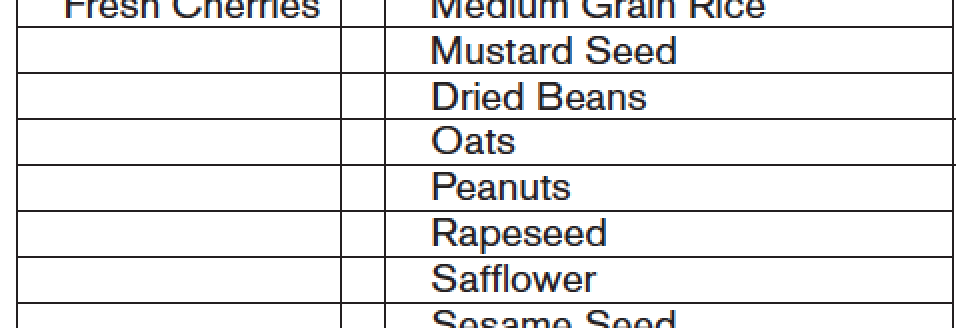5 important tax points farmers should know

Bonus depreciation changes means it won’t be so easy writing off 100% of equipment purchases starting in 2023
It’s not easy knowing from year to year which tax deductions are valid for your farm or ag business. You depend on your accountant to figure that out for you.
But just as you should know a little about all aspects of your operation, I believe it’s important that you know something about the key tax rules that apply to farming.
Here are five points you should know:
1. Bonus depreciation rules will start to change in 2023. Currently, 100% bonus depreciation is allowed on qualifying property acquired and placed in service after Sept. 27, 2017, and before Jan. 1, 2023. In 2023, the bonus depreciation rates will start to decrease, unless Congress changes them. The new rates for bonus depreciation will be the following:
• In 2023—80%;
• In 2024—60%; and
• In 2025—40%.
What this means is that, after 2022, you can no longer use bonus depreciation to write off 100% of the cost of that tractor or other equipment you bought and put to use. Instead, you might have to utilize Section 179, a different type of accelerated depreciation, which has more rules and limitations. In other words, due to the bonus depreciation changes, it won’t be so easy writing off equipment purchases going forward.
2. Federal rules limit to 50% the amount you can prepay in farm supplies for a tax deduction. This doesn’t apply to equipment but rather to inputs like fertilizer, feed, chemicals, and seed. So, this means if your total farm expenses before considering prepaid items are $100,000, then you can only prepay $50,000 in this tax year if you want to be able to write that expense off.
There are two exceptions. This deduction limit on prepaid farm supplies’ expense doesn’t apply if you are a farm-related taxpayer and either of the following apply:
• Your prepaid farm supplies’ expense is more than 50% of your other deductible farm expenses because of a change in business operations caused by unusual circumstances.
• Your total prepaid farm supplies’ expense for the preceding three tax years is less than 50% of your total other deductible farm expenses for those three tax years.
3. You can postpone reporting some or all crop insurance proceeds as income until the year following the year the physical damage occurred. For example, if you have crop insurance for your 2022 crop, and it’s damaged or destroyed by hail, you can defer reporting your crop insurance income as taxable until 2023. You do have to meet certain conditions before you can do that:
• You use the cash method of accounting.
• You receive the crop insurance proceeds in the same tax year the crops are damaged.
• You can show that under your normal business practice you would have included income from the damaged crops in any tax year following the year in which the damage occurred.
4. There is a capital gain treatment for raised breeding stock sales. If you meet the holding period, two years for cattle, then the income from the sale of raised breeding stock (cull cows, for example) is treated as a long-term capital gain.
5. You can save on your tax bill with farm income averaging. You may be able to average all or some of your farm income by using income tax rates from the three prior years (base years) to calculate the tax on that income. Income averaging may lower your income tax liability in a year where farm income and taxable income are higher compared to one or more of the three prior years.
Every year, the IRS offers a Farmer’s Tax Guide for use in preparing annual returns. CPAs rely heavily on that so you don’t have to. But in case you need some light reading one evening, find the most recent guide, for 2021, at https://www.irs.gov/publications/p225.
Editor’s note: Maxson Irsik, a certified public accountant, advises owners of professionally managed agribusinesses and family-owned ranches on ways to achieve their goals. Whether an owner’s goal is to expand and grow the business, discover and leverage core competencies, or protect the current owners’ legacy through careful structuring and estate planning, Max applies his experience working on and running his own family’s farm to find innovative ways to make it a reality. Contact him at [email protected].

